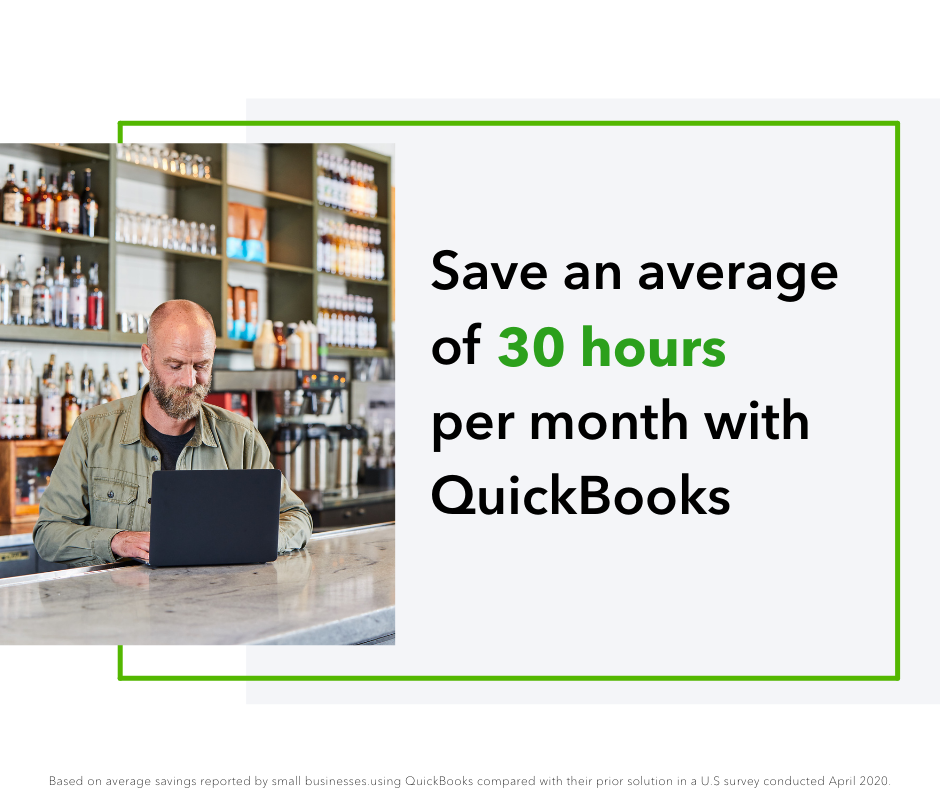As the year draws to a close, it’s time to start thinking about your finances. QuickBooks can be a powerful tool to help you organize, track, and prepare your financial records for tax season and beyond.
1. Accurate Record Keeping:
- Categorize Transactions: Ensure your transactions are properly categorized to get accurate financial reports. QuickBooks provides various categories and subcategories to help you organize your finances.
- Track Income and Expenses: Keep a detailed record of all your income and expenses throughout the year. This will make it easier to prepare your tax return.
- Manage Inventory: If you have inventory, QuickBooks can help you track your stock levels, costs, and profits.
2. Generate Financial Reports:
- Profit and Loss Statement: This report shows your business’s income, expenses, and net profit or loss for a specific period.
- Balance Sheet: A balance sheet provides a snapshot of your business’s financial health by showing your assets, liabilities, and equity.
- Cash Flow Statement: This report tracks the flow of cash in and out of your business, helping you manage your cash flow effectively.
3. Tax Preparation:
- Gather Documents: QuickBooks can help you gather all the necessary documents for your tax return, such as receipts, invoices, and bank statements.
- Organize Data: Organize your financial data in a way that is easily accessible to your accountant or tax preparer.
- Identify Tax Deductions: QuickBooks can help you identify potential tax deductions and credits that can reduce your tax liability.
4. Year-End Closing:
- Review and Reconcile: Review your financial records and reconcile your bank and credit card accounts to ensure accuracy.
- Close the Books: Close your accounting books for the year to prepare for the next fiscal year.
- Create a Budget: Develop a budget for the upcoming year based on your past performance and future goals.
5. Additional Benefits:
- Time-Saving: QuickBooks can automate many time-consuming tasks, such as invoicing, bill paying, and payroll.
- Collaboration: If you work with a team, QuickBooks allows you to collaborate on your finances and access information from anywhere.
- Scalability: QuickBooks offers various plans to suit businesses of all sizes, so you can scale your software as your business grows.
Tips for Using QuickBooks Effectively:
- Stay Organized: Keep your QuickBooks data organized by using a consistent chart of accounts and naming conventions.
- Regularly Backup: Back up your QuickBooks data regularly to protect your financial information.
- Seek Professional Help: If you’re unsure how to use QuickBooks or need assistance with your accounting, consider hiring a professional accountant or bookkeeper.
By using QuickBooks effectively, you can streamline your financial processes, improve your decision-making, and prepare your business for a successful future.

